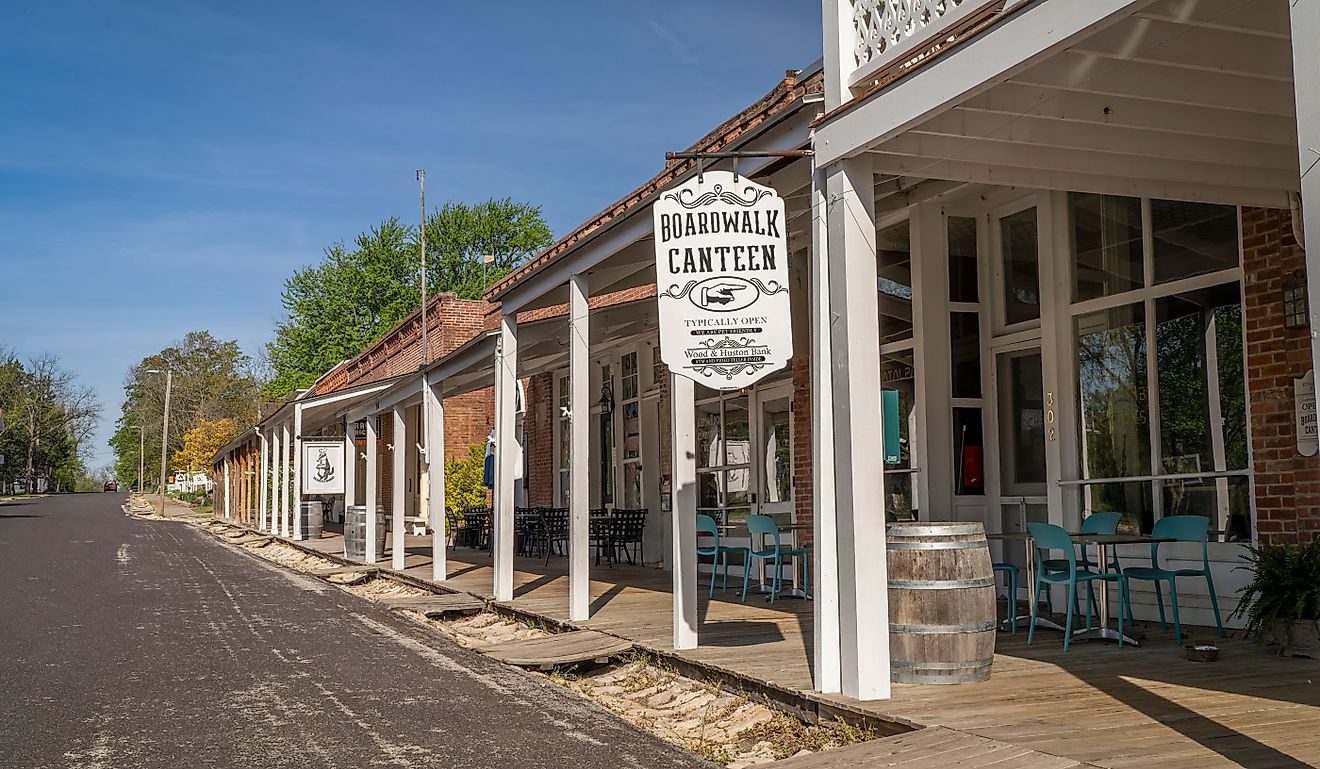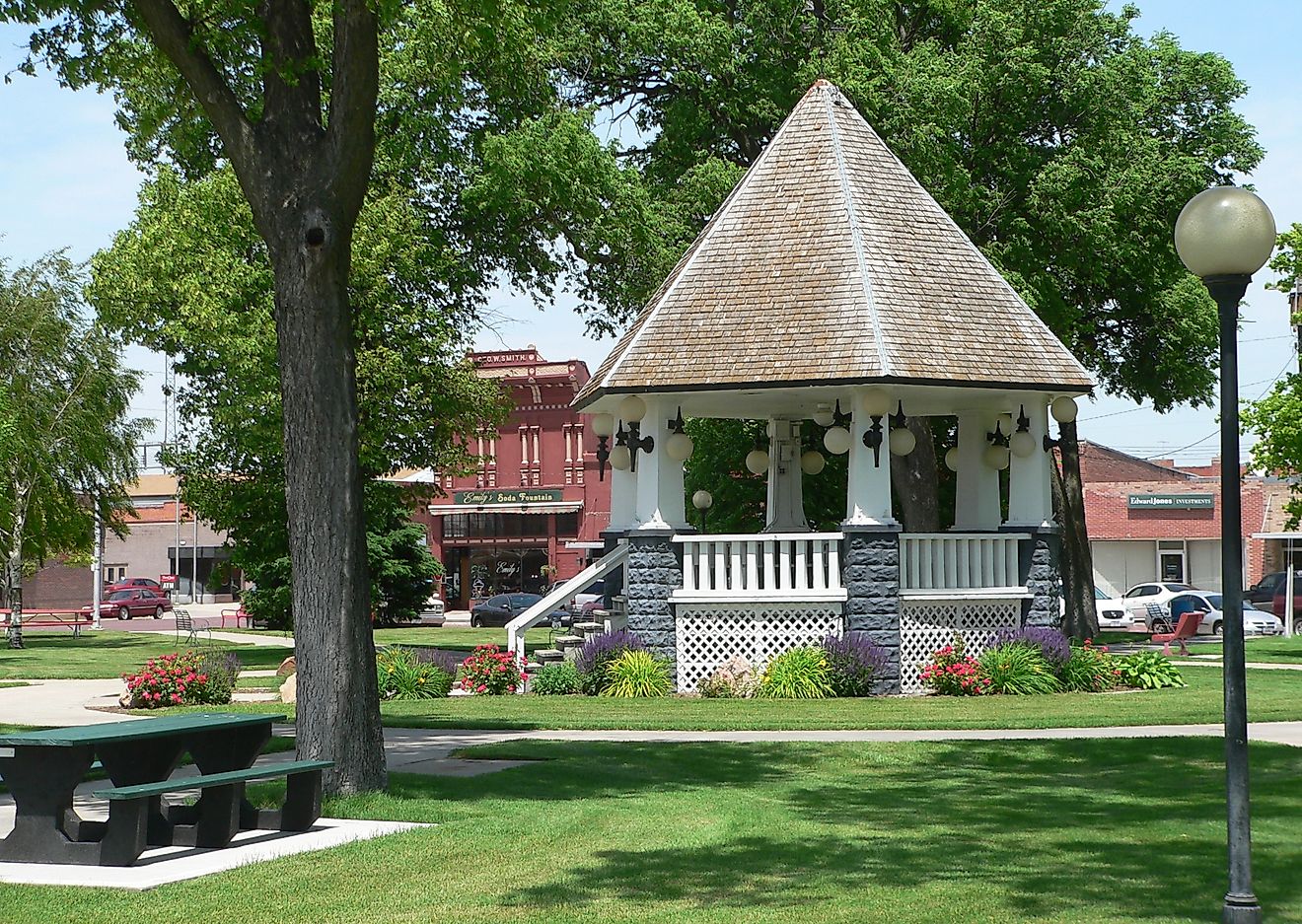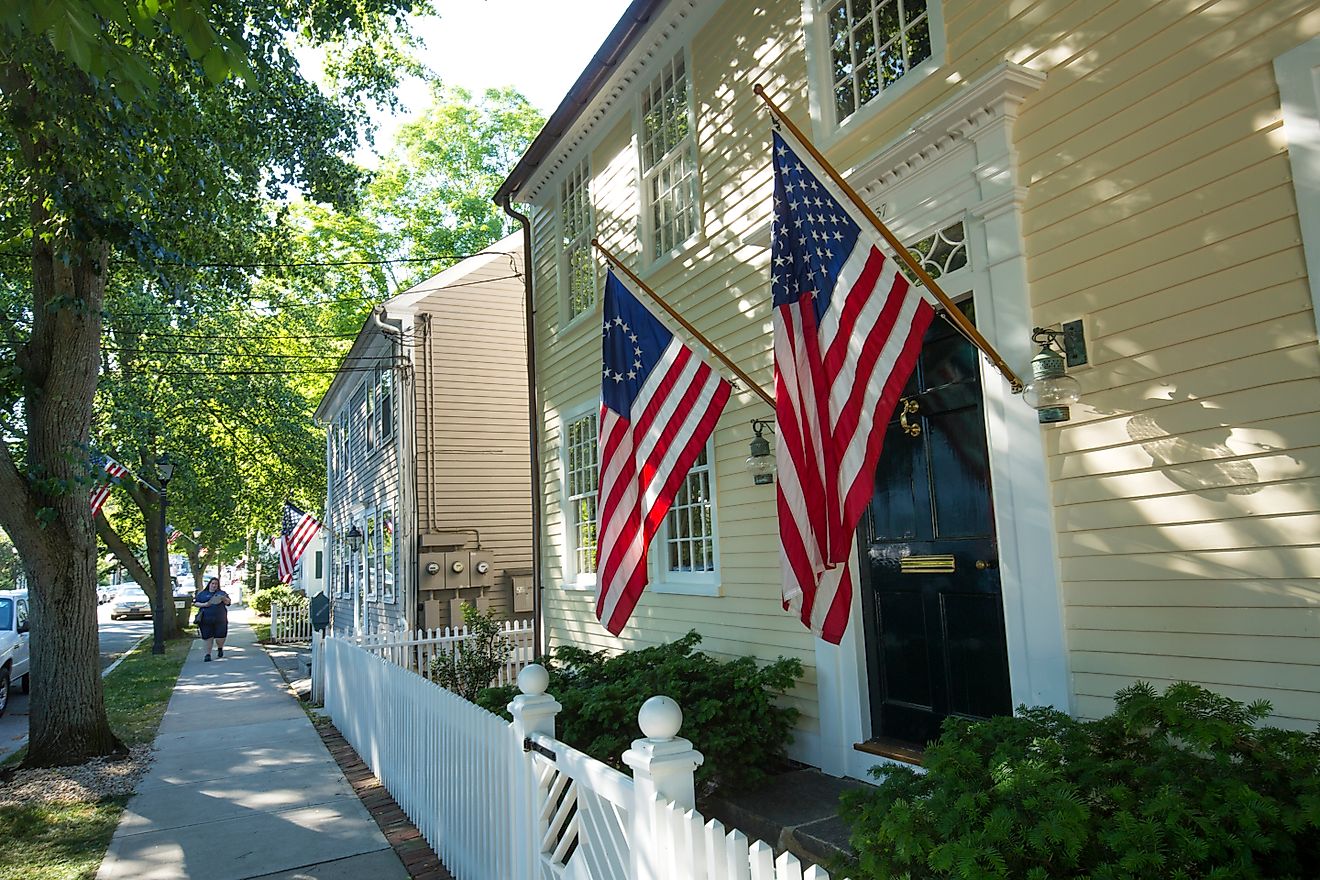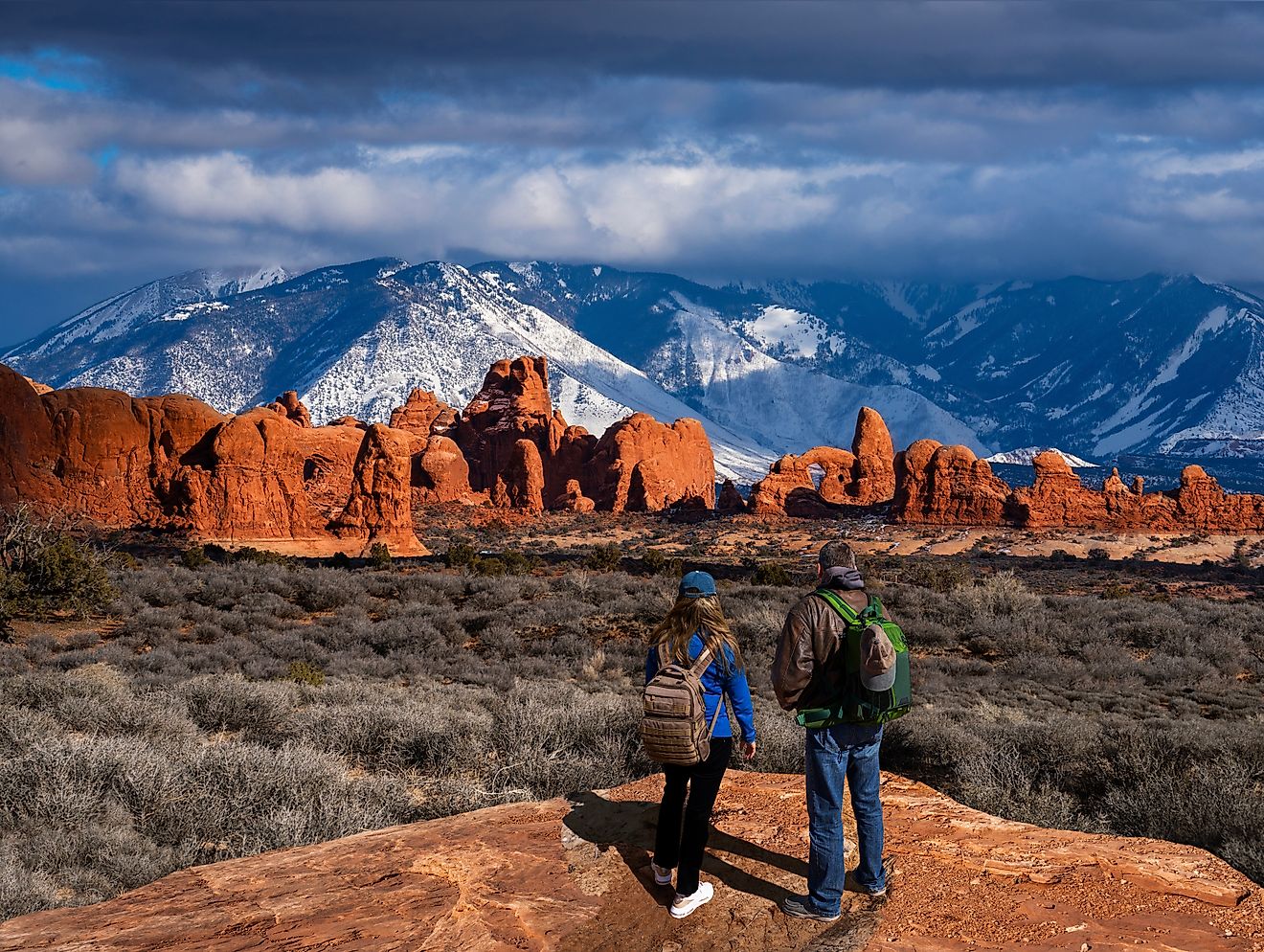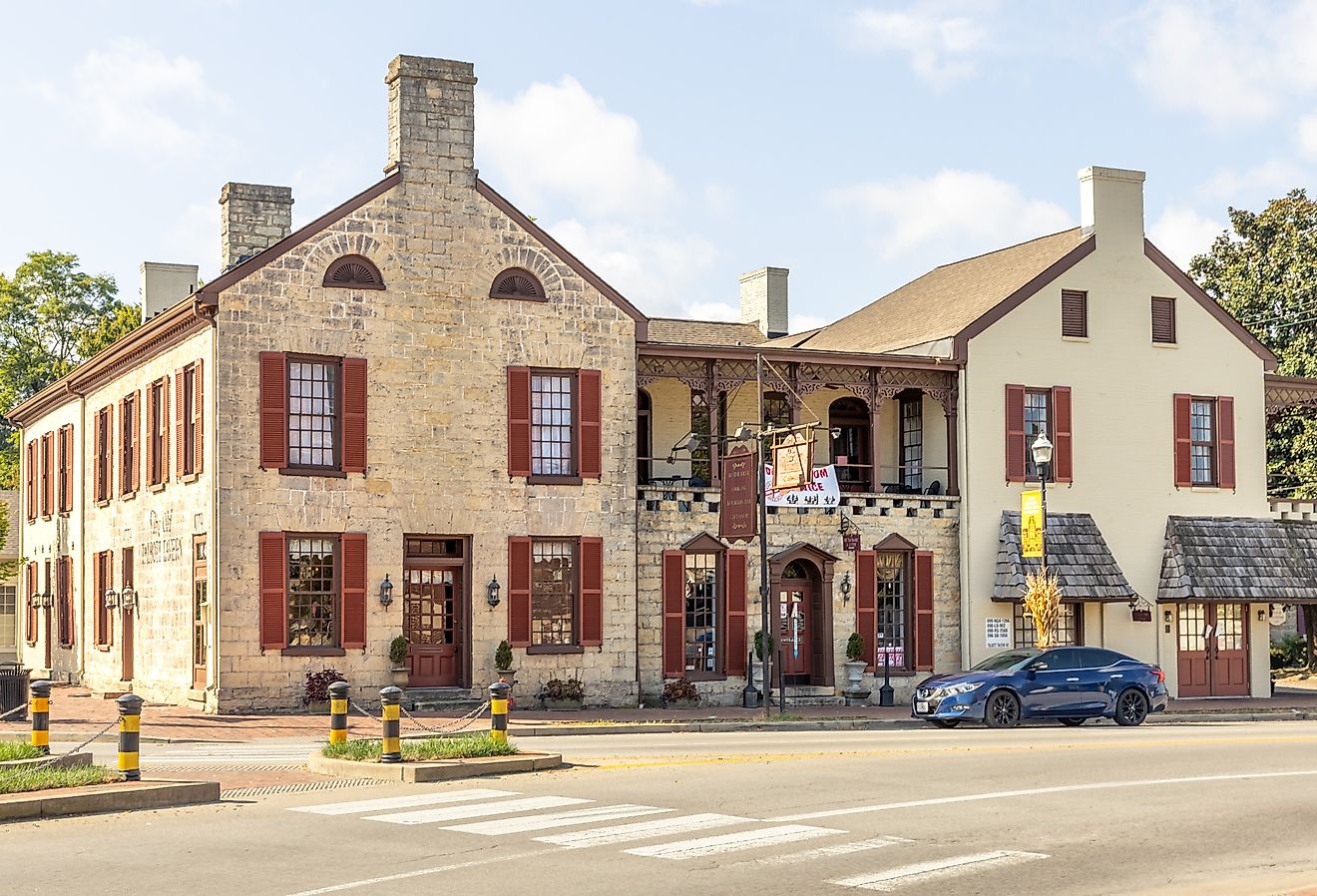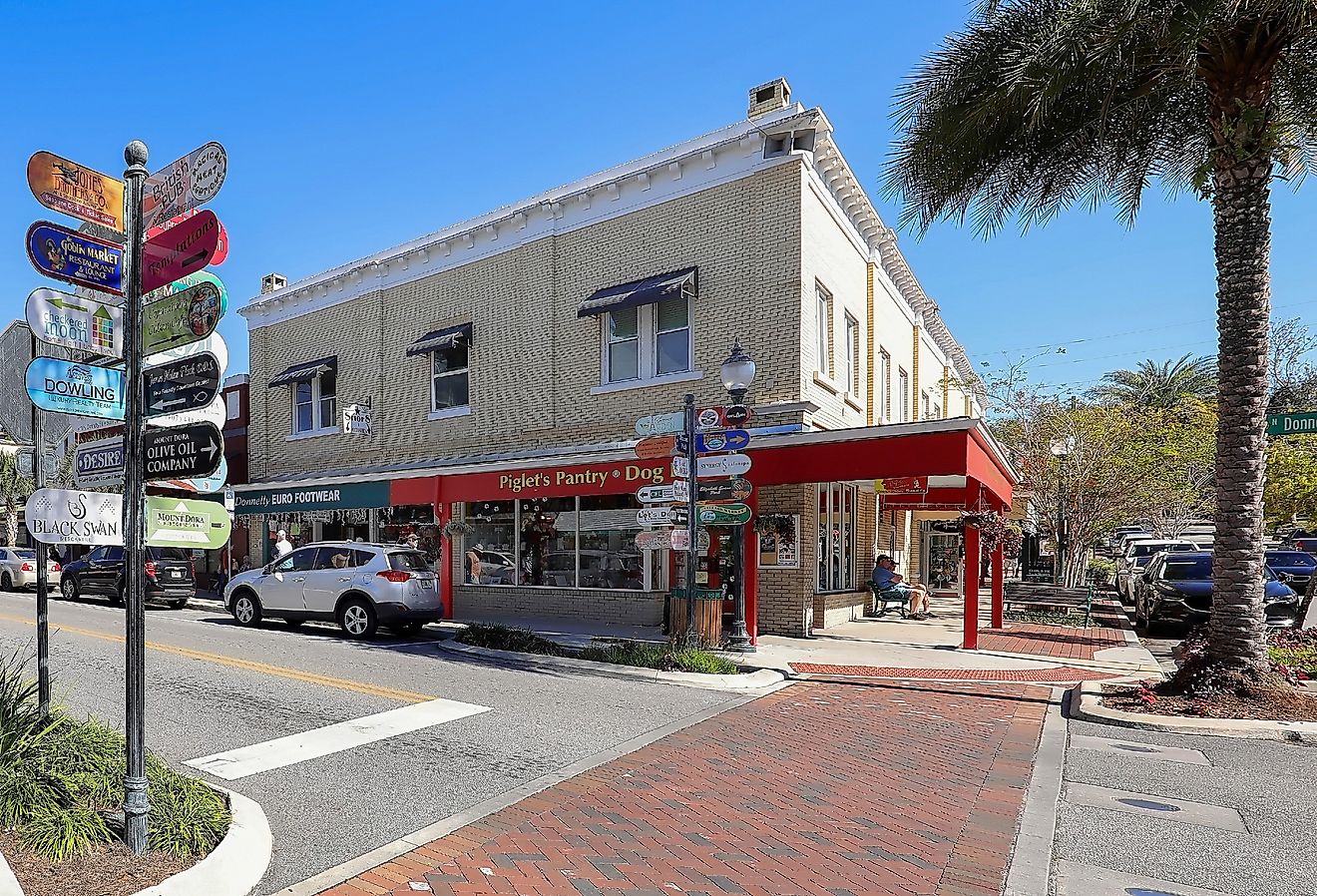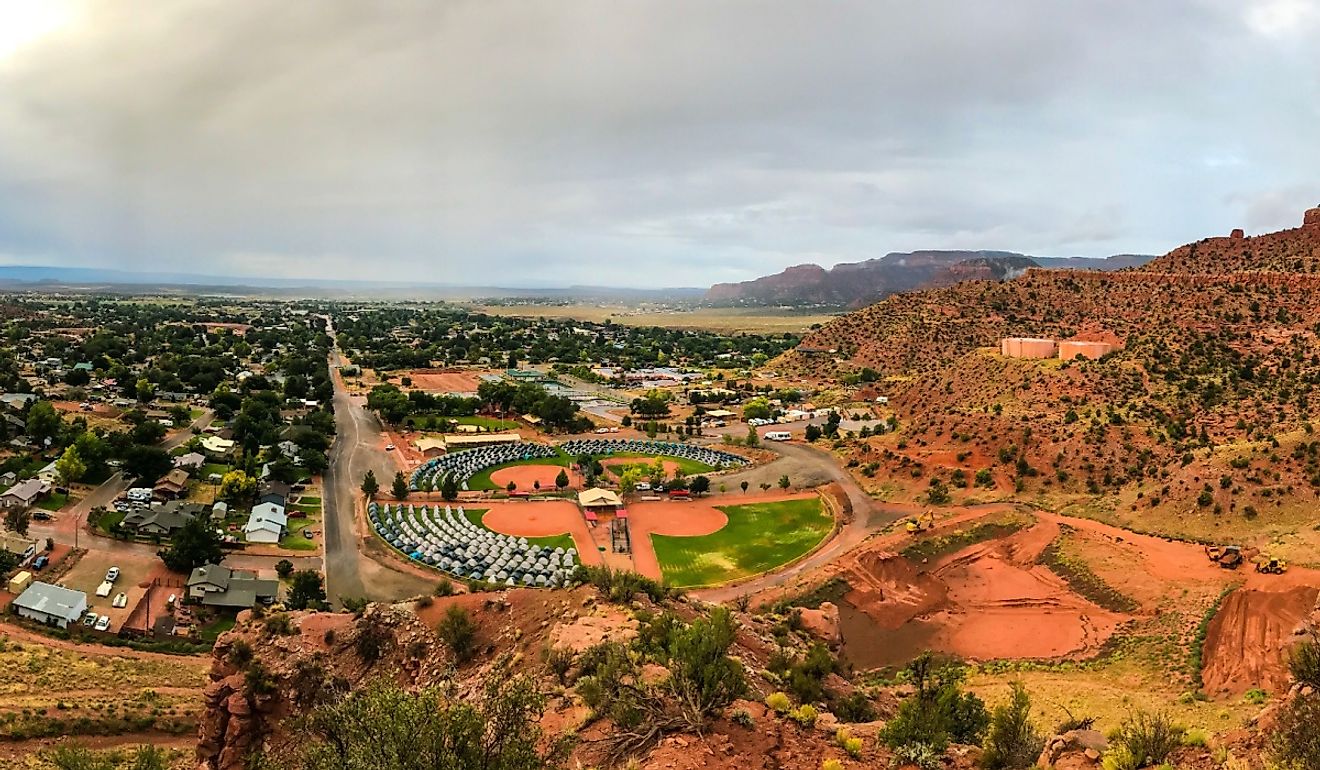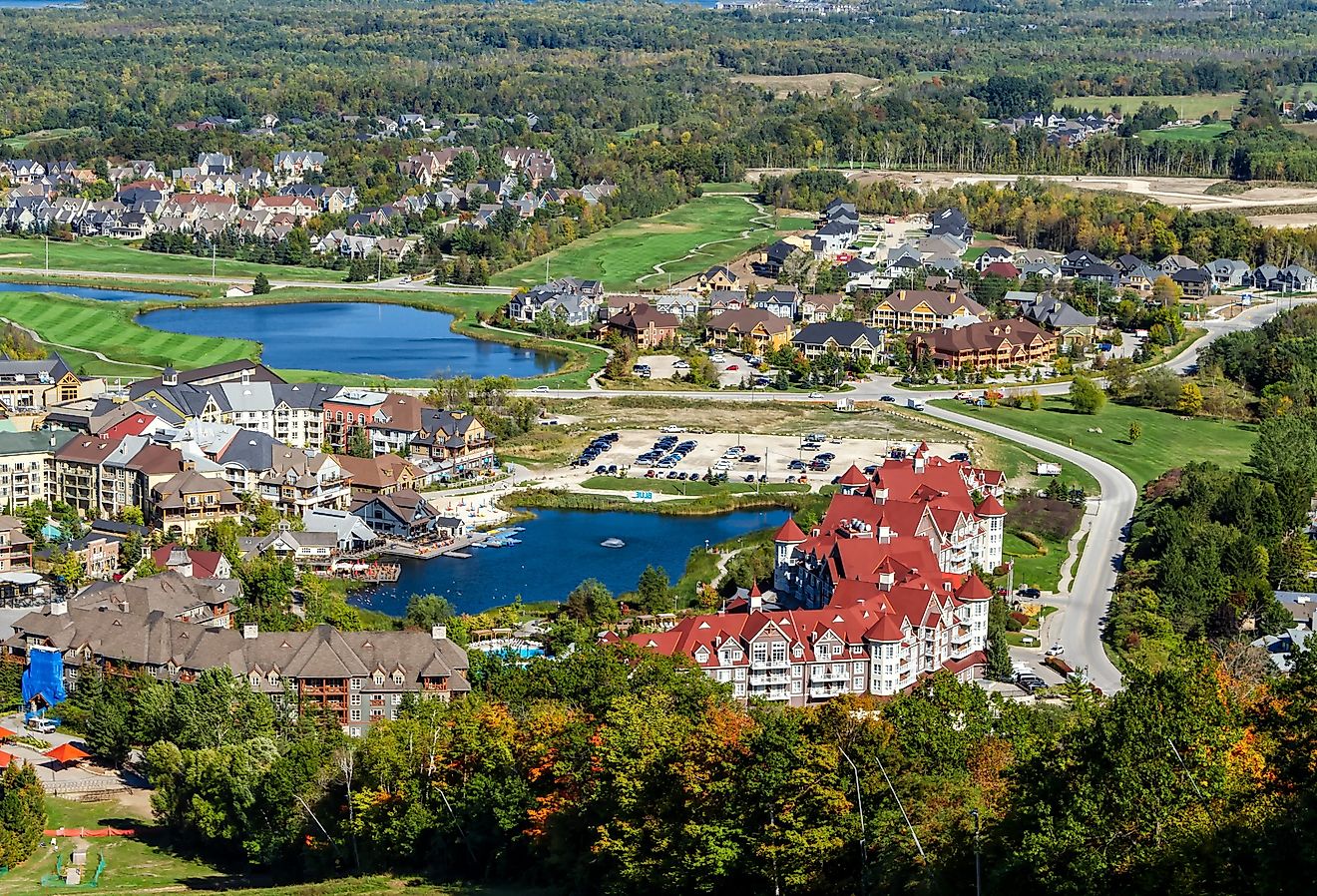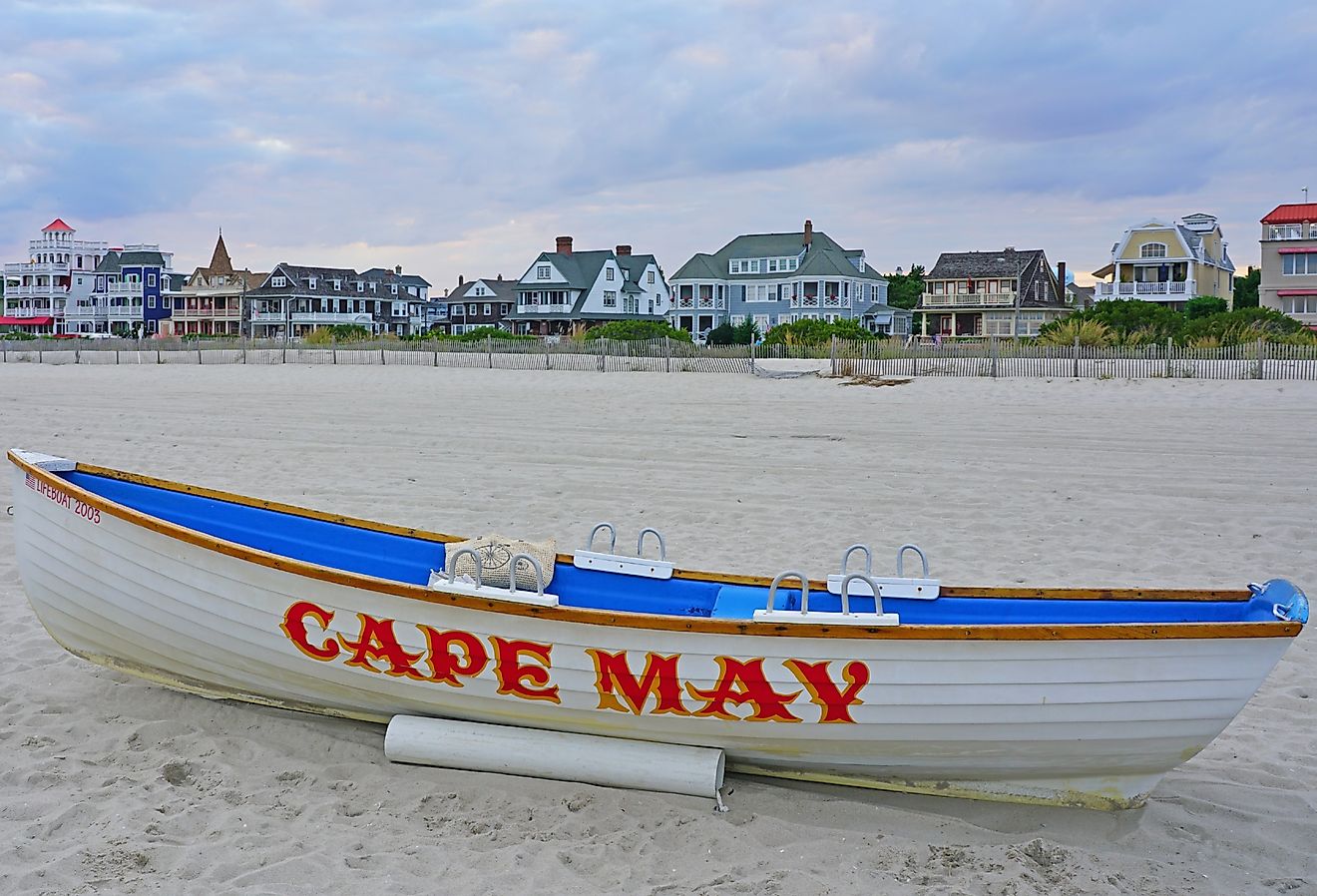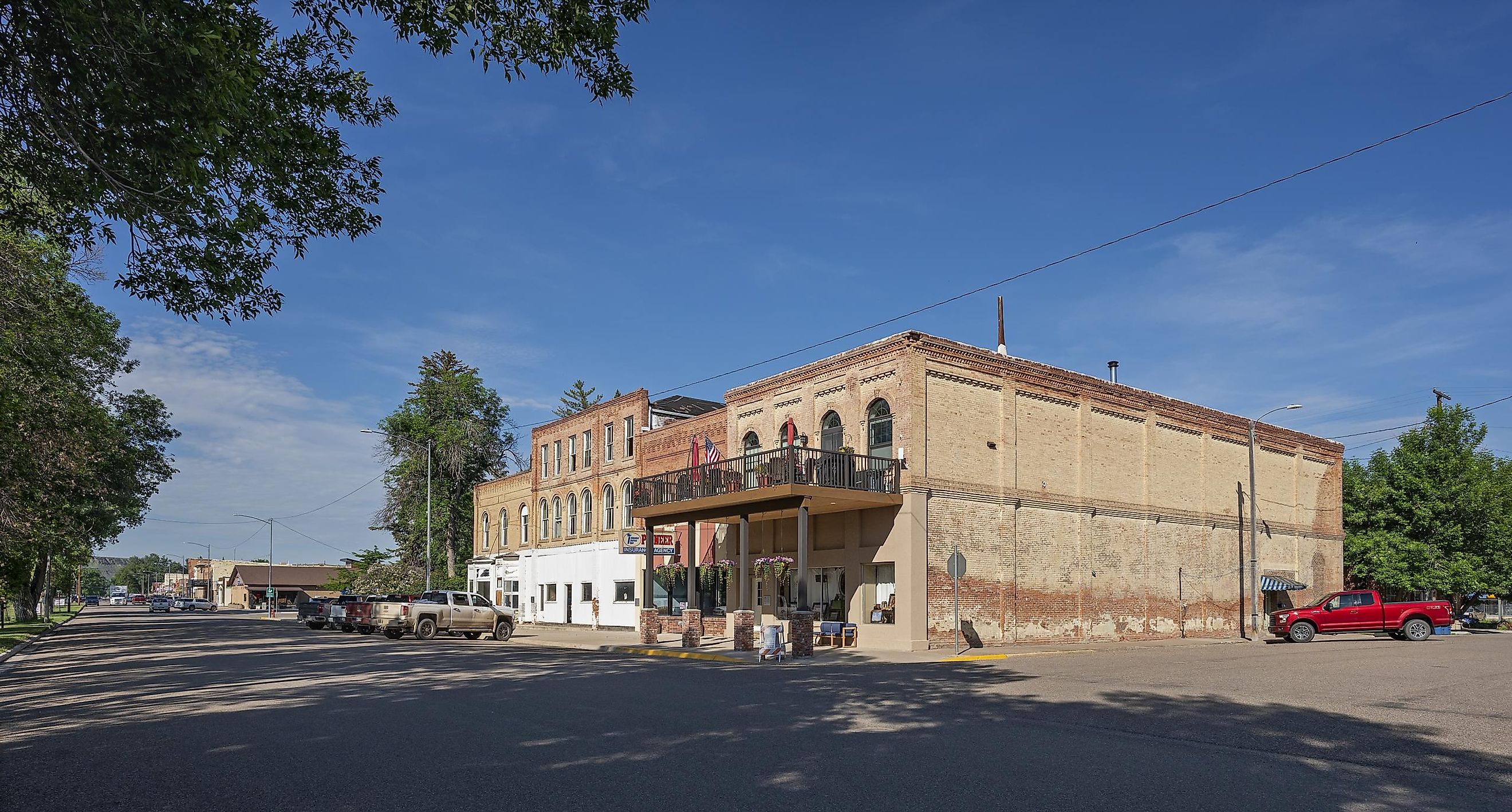
These Small Towns in Montana Have the Best Historic Districts
While most states in the USA have nicknames, none resonate quite like that of Montana. One of eight Mountain States, Montana was dubbed "Big Sky Country" in the 1960s by clever marketers looking for a catchy term to best describe their beautiful corner of the country. Given its rugged Rocky Mountain scenery, it’s certainly an apt nickname.
The fourth largest state, Montana’s stunning scenery also serves as a stunning backdrop to some of the country’s most interesting historic districts. Whether it's the gold rush allure of Virginia City, the railroad legacy of Livingston, or the fur-trading and steamboat history of Fort Benton, each of these towns played a unique role in shaping Montana's rich history and are just waiting to be explored.
Virginia City

Virginia City, MT, is a must-visit for those interested in experiencing the “Old West” firsthand. Located close to Yellowstone in the southwest corner of the state near the border with Wyoming, here you’ll find more than 200 19th-century buildings preserved as part of the Virginia City Historic District. Many of these fascinating structures were around at the time of the Gold Rush of the 1860s, with still others built during the 10-year period during which Virginia City served as Montana’s capital.
It's certainly fun to walk its wooden boardwalks past old buildings that now house everything from museums to shops and theaters. Highlights include the Opera House; constructed in 1915, it continues to entertain with fun period productions.
Philipsburg

Originally founded as a silver mining town in the late 19th century, Philipsburg is now home to one of the best-preserved historic districts of any small town in Montana. Broadway Street is where you’ll find much of its collection of restored Victorian-era buildings, their colorful façades now fronting an eclectic mix of boutique and craft shops. Those with a sweet tooth will want to include the Sweet Palace on your Philipsburg travel itinerary, a popular spot for its old-world confections.
Other notable landmarks include the Granite County Museum and Cultural Center which provides a look at Philipsburg's mining past through artifacts and exhibits from its boom days. Just a stone's throw away, the sapphire-rich Rock Creek beckons gem enthusiasts to try their hand at mining these beautiful stones.
Stevensville
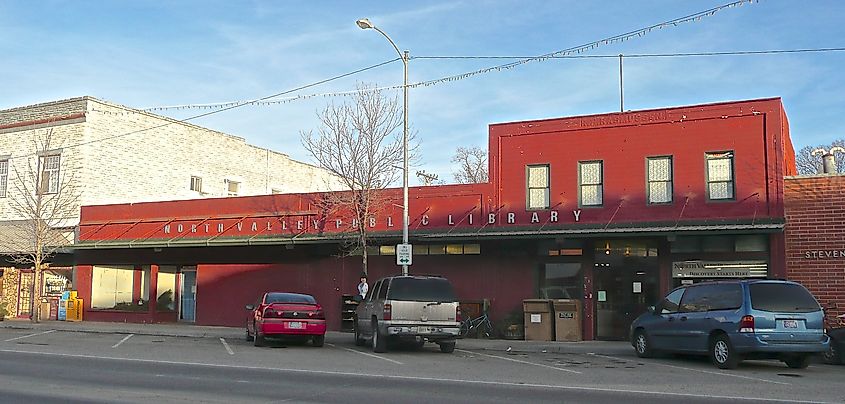
Located in Bitterroot Valley in western Montana and only a short drive from the border with Idaho, Stevensville lays claim to being the state's first permanent settlement. Established in 1841, the town’s origins can be traced back to the building of the St. Mary's Mission by Jesuit missionaries. This mission remains one of the town's most significant historic landmarks, and its original log chapel and other structures provide a fascinating look at the mission’s early interactions between Native Americans and European settlers.
A number of notable landmarks in Stevensville's downtown core also reflect a deep connection with the past. These include the attractive United Methodist Church, once a schoolhouse; and the Stevensville Hotel, both of which are now included on the National Register of Historic Places
Fort Benton

Set on the banks of the Missouri River and staking a claim as the "Birthplace of Montana," Fort Benton was once a significant trading post. Once the world's innermost port, it served as a hub for steamboats plying the Missouri, carrying everything from goods to crops and passengers. Today, references to this storied past can be seen in many sightseeing spots around town, including the attractive old Grand Union Hotel, built in 1882 and impeccably restored.
The town's riverfront is fun to explore and features a series of interpretive displays explaining the town’s role as a fur-trading post and the launching point for expeditions into the then-untamed western territories. Be sure to visit Old Fort Benton, a reconstructed fort offering a fascinating glimpse into frontier life.
Red Lodge
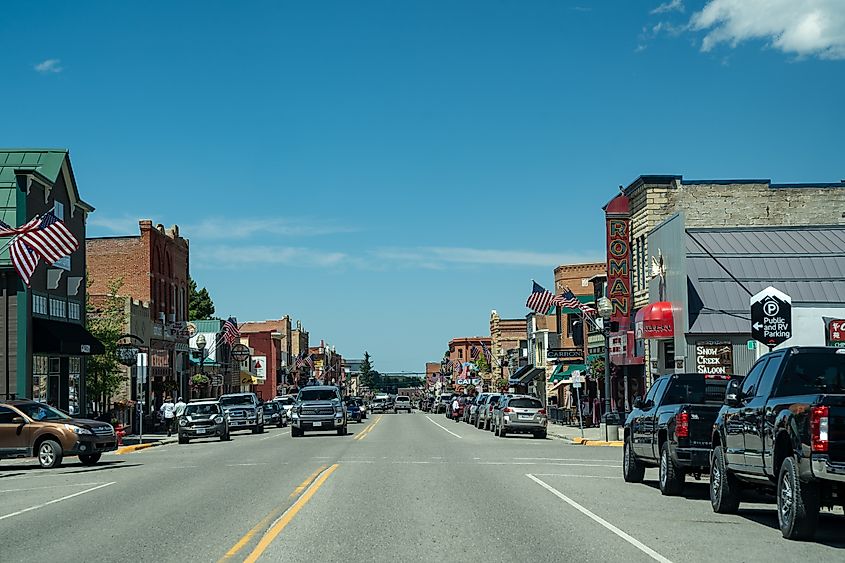
Red Lodge serves as a gateway to the iconic Beartooth Highway, a stunning two-hour drive that connects it Cooke City and ultimately Yellowstone National Park. Its location in a coal-rich area of the Beartooth Mountains saw it flourish as a mining town in the 1800s when much of its historic downtown was built. Highlights include the Pollard Hotel, built in 1893 and once host to famous Americans including Buffalo Bill and Calamity Jane.
Just a short stroll away, the Carbon County Historical Society and Museum is a must-visit. Housed in the old city jail, it offers a deeper dive into the area's history.
Deer Lodge
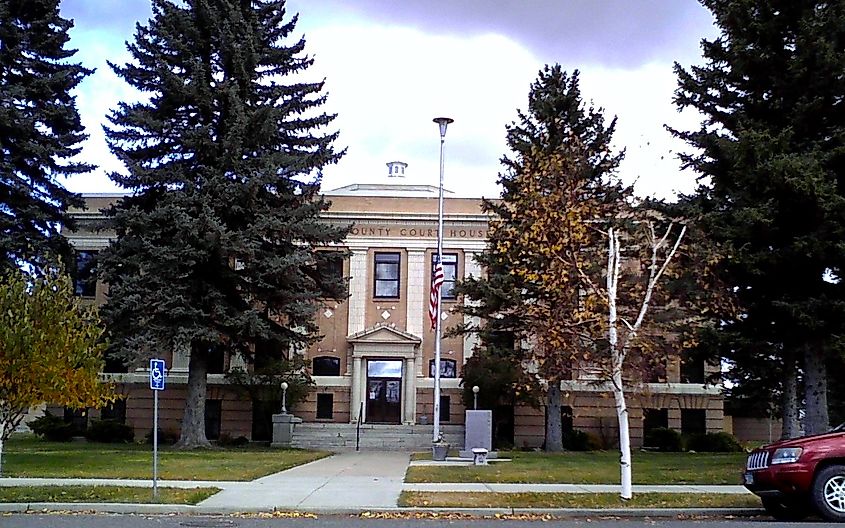
From Red Lodge to Deer Lodge… Another charming historic Rocky Mountain town, Deer Lodge grew in prominence as a hub for ranchers trading and buying goods. While few examples of the town’s original wood buildings survive, some of the “newer” Victorian-era structures that came later do. The best example, William E. Coleman House, is a stunning red-brick edifice built in Queen Anne style for a local businessman in 1892.
Other important buildings include the Old Montana Prison, which operated from the late 19th century right up to the 1970s. Now a museum, its imposing stone walls and towers house displays relating to prison life down the decades. Just outside the town's limits lies the Grant-Kohrs Ranch National Historic Site with its fascinating exhibits relating to cattle ranching in the American West.
Dillon

The attractive community of Dillon was founded in the 1880s as a railroad and cattle town and thanks to its location just off the I-15 highway makes for a fun Montana day trip. Although one of the smaller historic districts of any Montana town, the 66 buildings that comprise Dillon's preserved downtown core are certainly noteworthy. Constructed between 1903 and 1948 and representing Victorian (and later) architectural stylings, highlights include the Dillon County Courthouse, built in 1911 in Neo-Classical style, and the Classical Revival style of a number of old banks.
You can learn more about the town and its people at the downtown Beaverhead County Museum, which hosts exhibits relating to Native American history and cattle ranching. Outdoor enthusiasts will want to include Beaverhead-Deerlodge National Forest on their list of things to do in Dillon.
The Final Word
Notable for their historic districts, these small towns in Montana offer a fascinating glimpse into the state's storied past. Whether you’re planning a road trip through the beautiful “Big Sky State” state or merely curious to learn more about the country’s fourth largest member of the Union, this list of small towns in Montana that have the best historic districts will help with your planning and research.

